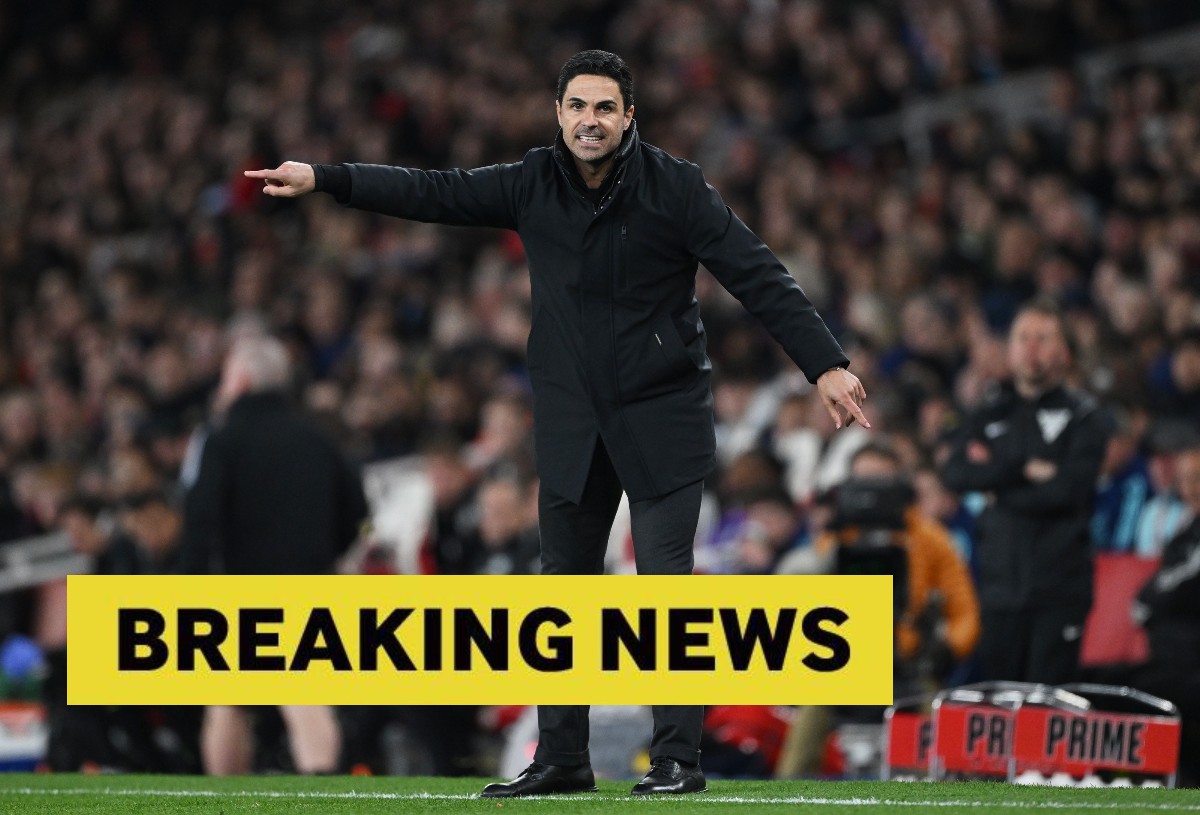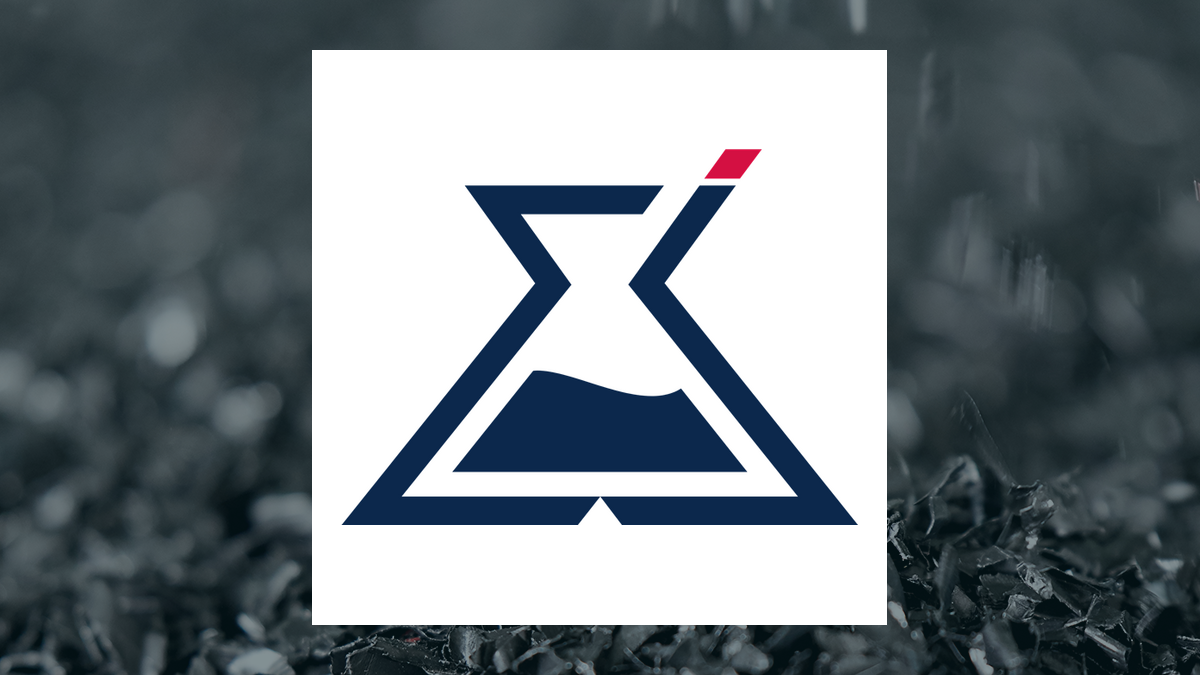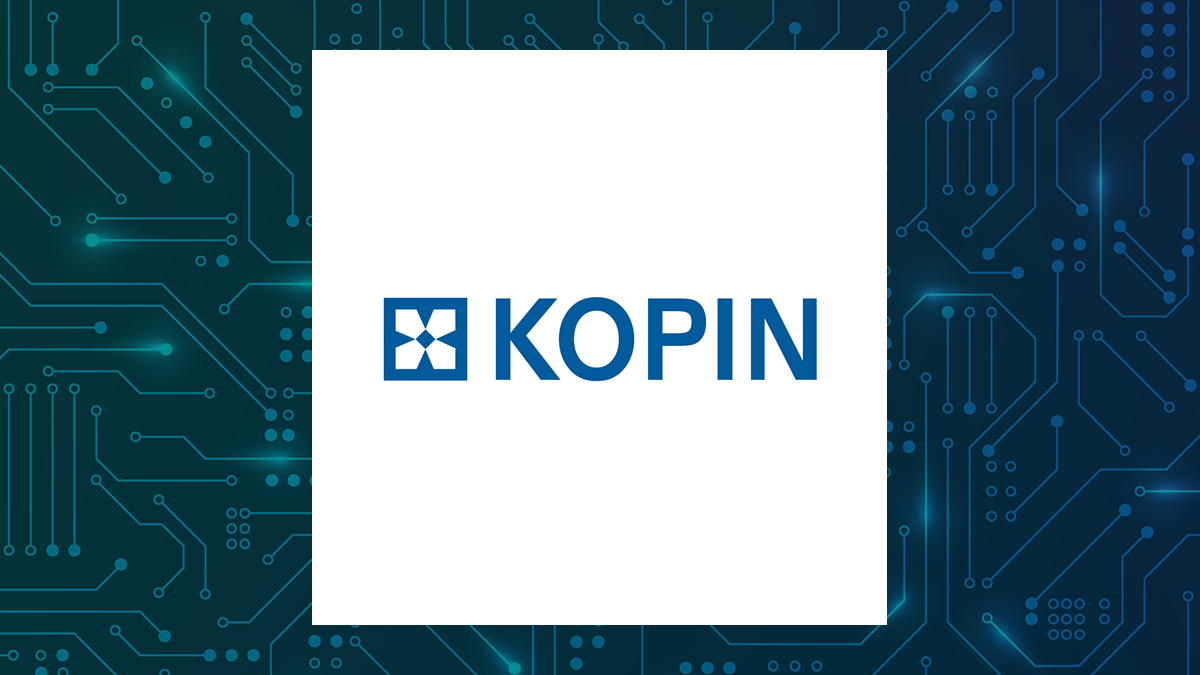
Given that I am vertically challenged (5 feet, 4 7/8 inches), my interest in basketball has always been more about the players’ skills and elegance than ever hoping to be anything more than a towel boy.But I read the sports page, and decision-making is critical whether you’re in basketball or a startup. Consider Luka Doncic, who was traded by the Dallas Mavericks to the Los Angeles Lakers.
You will need ESPN to closely dissect the puzzle, but as a decision, it had the hallmarks of bet-the-farm. Nico Harrison, general manager of the Mavericks, may wish he had read the next few paragraphs before signing the deal.Hasha Misra, a finance guru and 16-time marathon runner, recently wrote a column, “Can You Tell A Genius Strategy from a Huge Mistake?” Misra writes that chess is a game of skill and strategy.

“It leaves very little room for chance, luck and randomness,” he says. A chess grandmaster has studied thousands of games, so after you make the first two moves, he knows exactly what is going to happen next and how many moves it will take before he crushes you. He has seen it all, been there, done that.
Misra writes about watching a video of a chess master tournament and seeing there was a moment when the grandmaster took a long pause at a certain move by his opponent. He had to consider whether “that is either a brilliant move made by a genius or an accidental mistake made by a fool,” Misra says.Therein lies the puzzle for founders, CEOs and masters of the universe.
“The world of business has infinite uncertainty and randomness.” Your next move, you can’t know for sure, until the game is over.Misra notes some examples in his article:Steve Jobs was fired by Apples’ board.
He eventually returned and rebuilt the company into one of the greatest ever, “by generally following the same playbook that got him fired in the first place,” Misra says.Warren Buffet was considered a technical troglodyte for never investing in the dot-com boom. Then the crash, and he was reanointed a genius.
The Wall Street geniuses who invented mortgage-backed securities in 2007. We all know how that ended. At the time, it was considered genius financial engineering.
(I digress a moment and comment on that particular debacle. In my opinion it is outrageous that none of the CEOs of the six major banking and insurance institutions ever went to jail after destroying $30 trillion of the world’s wealth. I’m just sayin’.
)Misra makes the point that business decisions often get reviewed in real time, but the final outcomes of those decisions are subject to the vagaries of time and unknowns. It is hard to separate skill from luck.Not every chess game is played the same way.
Some are high speed and over in minutes, others are classical and take hours or even days.Misra identifies three lessons the startup founder can learn from the chess masters:“Know the game you are playing.” Are you building to sell or be acquired, or are you serving a venture capital master and measured on attaining unicorn liftoff, or is it a self-funded lifestyle business? That will inform many of your decisions and pivots.
“Know the voices you are hearing.” We are all influenced by external voices. There is no shortage of bench jockeys whose opinions, informed or not, rattle around in your head and can derail you.
Who to listen to is critical, and sometimes, even better is to not listen at all. Nassim Taleb, mathematical statistician and former option trader, says “Wisdom involves deliberately choosing what to ignore.”“Know when you don’t know.
” It is about time and timing. It is about the chess pause. It is about, as the late Dan Kahneman, psychologist at Princeton University, and winner of the Nobel Prize in economics said, “thinking fast and slow.
”Not making a decision is not a sign of weakness or confusion. It simply means you are looking for more information. A good CEO is always checking the weather.
Now the hard part. How long can you wait before you make the call, pick the product, decide on which market and the customer — all before you run out of money?Apple almost went bankrupt. The shot clock is relentless.
Sure, the buzzer-beater might happen. But while you pray for sunshine, pack the umbrella.Rule No.
748: It seemed like a good idea at the time.Senturia is a serial entrepreneur who invests in startups. Please email ideas to neil@unicornhunter.
ai..














